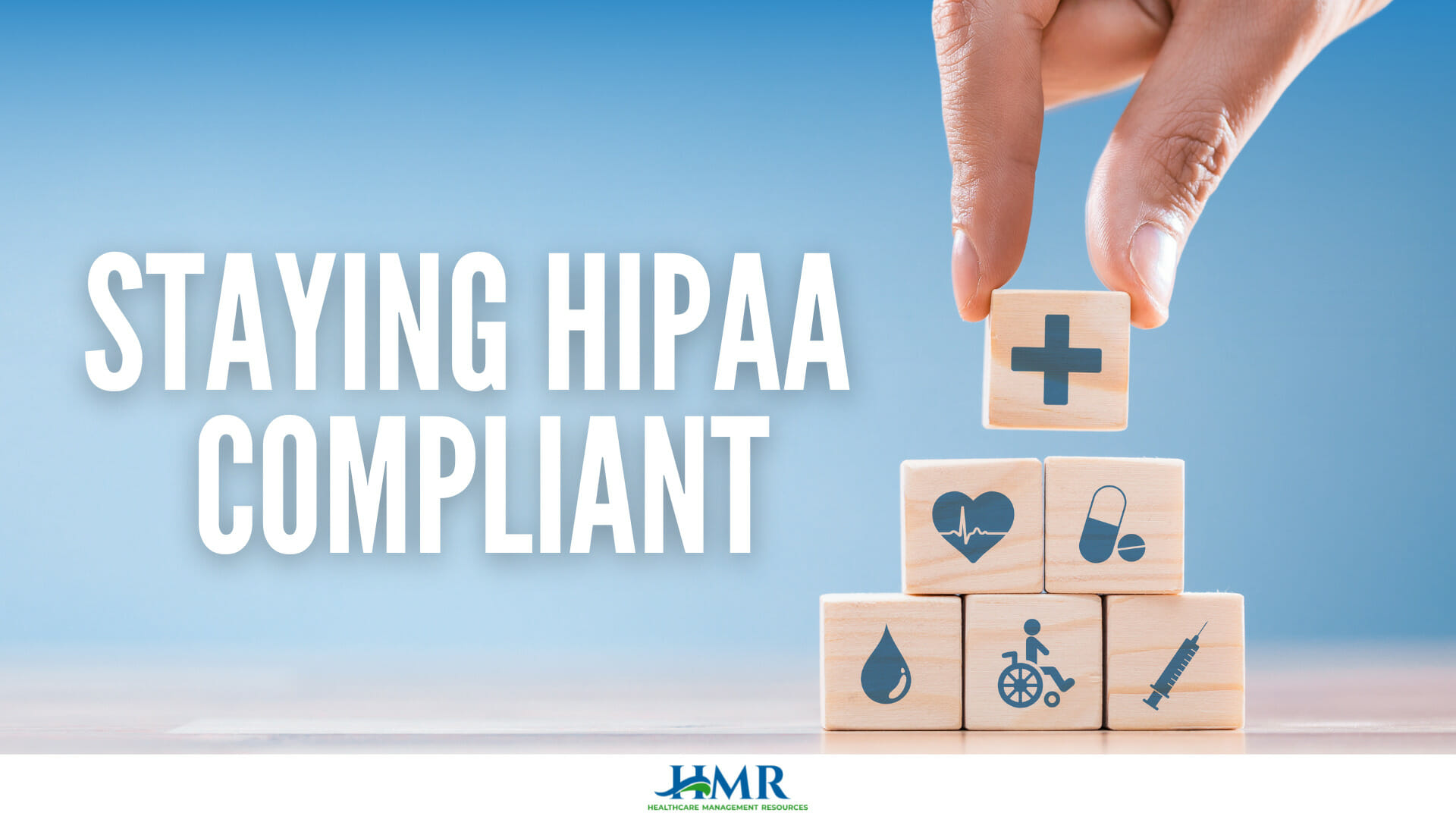How To Stay HIPAA Compliant

Introduction
- Staying HIPAA compliance with the Health Insurance Portability and Accountability Act (HIPAA) is an obligation—not a choice.
- Even if you miss a minute detail, your practice may be vulnerable to cyber threats and penalties by regulatory authorities.
- However, ensuring your practice is HIPAA-compliant at all times can be challenging when you have patients to care for and a practice to run.
- To help you out, we’ve put together a list of steps you can take to stay HIPAA-compliant at all times.
What is HIPAA compliance?
- HIPAA is a federal law that protects the privacy and security of electronically Protected Health Information (e-PHI). It determines the lawful use—creation, maintenance, transfer, and disclosure—of PHI by a covered entity (like a healthcare practice) or business associates (its subcontractors).
- HIPAA not only protects the privacy of PHI, but it also simplifies billing and other electronic transactions for practices.
- Here are four rules you need to look out for:
-
- Privacy Rule
-
- Security Rule
-
- Breach Notification Rule
-
- Omnibus Rule
Steps to keep your private practice HIPAA-compliant
Develop and implement HIPAA policies and procedures
- First of all, you need to develop and implement policies and processes in accordance with HIPAA rules.
- It includes implementing strong cybersecurity measures like limited access to patient data, strong login passwords, regular activity logging, etc.
- You also need to document the policies and procedures for your employees to refer to.
Provide HIPAA training to your employees
- Conduct regular HIPAA training sessions for your employees.
- This will help them understand HIPAA compliance, its importance, penalties for data breaches, and how to safeguard your practice against vulnerabilities.
Implement Business Associate Agreements (BAA)
- Business associates are your vendors who might have access to your patient data. These can be your Electronic Health Record (EHR) software provider, IT consultant, etc.
- Implementing BAA will ensure your business associate remains in HIPAA compliance.
Protect identifiable patient data
- HIPAA emphasizes protecting PHIs that disclose patient details like name, email address, social security number, medical record, photograph, etc.
- You must ensure these details are protected whenever you store or transmit data. You can do this via EHR software or ask your consultants to provide similar options.
Prevent common HIPAA violations
- HIPAA violations can occur in several ways. While some violations are external, and you’ve no control over them, others may occur due to negligence and partial compliance.
- It is essential you understand common violations and take preventative measures. Here, you need to monitor external associations like insurance providers, third-party vendors, etc., as data leaks are possible via these channels.
Perform regular security risk analysis
- To keep your practice HIPAA compliant, perform regular security and risk analysis and scans.
- You can also conduct an external audit annually to ensure regulatory compliance.
Stay updated on HIPAA changes
- The US Department of Health and Human Services (HHS) Office for Civil Rights (OCR) regularly updates HIPAA standards.
- You need to keep up with the changes and implement new standards when they are updated. If not, you can also consult your healthcare management company to understand the current state of things.
Create processes to report data breaches
- HIPAA makes it mandatory to inform affected individuals and law enforcement in case of a data breach.
- You need to have processes to ensure you notify them—for example, alert systems, comprehensive data protection systems, etc
Seek professional help
- While you can take measures to comply with HIPAA, it is tedious. Seeking professional help from someone who understands the nuances can help you cover granular details.
- You can also appoint an external HIPAA compliance officer to help you out.
- At Healthcare Management Resources, we provide payer and government compliance to our clients.
Become HIPAA compliant today
- While regulatory compliance like HIPAA is crucial to keep your patients’ personal health information (PHI) safe, it consumes a lot of time and resources.
- Keeping up with HIPAA requirements requires a combination of internal processes and the right technology alongside targeted external partnerships.
- If you’re looking for professional help to keep your practice HIPAA-compliant, get in touch with us today.
